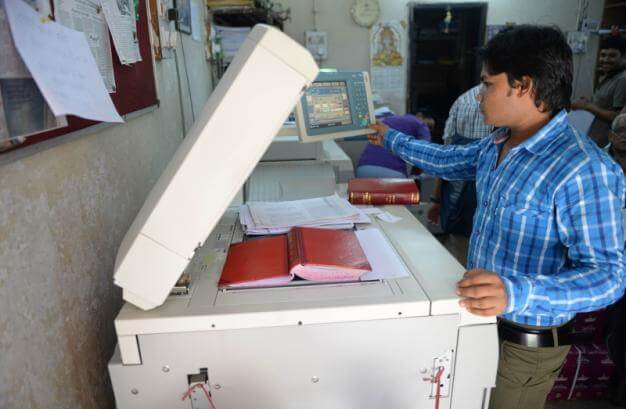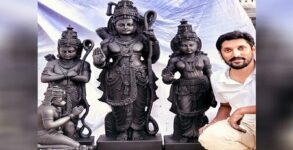The Delhi high court dismissed on Friday suits by three international publishers against the sale of photocopied books and pages in Delhi University, a landmark verdict likely to have a wide-reaching impact on copyright laws in India.
Justice Rajiv Sahai Endlaw also lifted a ban on the photocopier kiosk from issuing copies of chapters from textbooks of the three international publishers to students.
In November 2012, the court had banned the iconic Rameshwari Photocopy Service located near the Delhi School for Economics in north campus on a petition moved by publishers including University Press, Cambridge University Press and Taylor & Francis.
The international publishing giants had alleged that the kiosk was violating their copyright and “at the instance of Delhi University” was causing huge financial losses as students stopped buying their text books.
But Delhi University supported the photocopiers, saying the use of reproduced copyrighted books by student was a “reasonable educational needs” and should not be treated as infringement. Students also rallied behind the kiosk, saying most of the books were too expensive.
The university argued that calling reproduction of copyrighted books for educational purpose as infringement was “wrong.”
Under the copyright Act, 1957, there are exemptions on “fair use” of work including educational propose from the purview of infringement, it had said.
It argued the photocopy of copyrighted books at the university’s campus were done by students for preparation of their course and was not meant for commercial exploitation.
Intellectual property experts hailed the verdict, saying the court had correctly upheld the supremacy of social good over private property.
“Copyright laws are meant to balance public and private interests but in recent years, the public interest has been eroded due to lobbying. The HC has restored that balance,” said Shamnad Basheer, intellectual property law expert.
“The court has actually said that copyright is not divine and that education is an important social need. This is a huge moment.”
Analysts also pointed out that the verdict put India at the centrestage of a global debate on intellectual property rights, first triggered three years ago when the Supreme Court denied a patent to pharma major Novartis.
The HC decision also sent out a signal that the country wouldn’t follow global trends that have tended to side with private copyright demands, they added.
“We are not going to blindly adhere to western norms. We will look at our laws and requirements. This judgment cements that stand,” Basheer said.


















